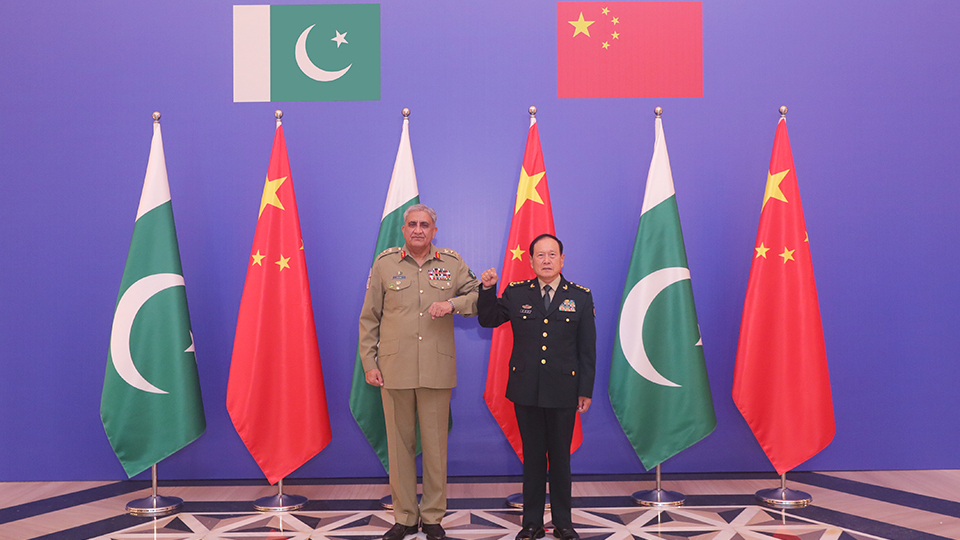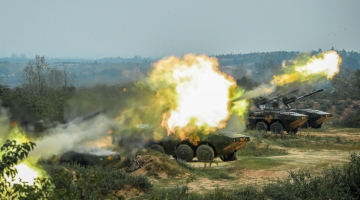Editor's note: China has elected its Outstanding Veterans of the Year 2022 in late September, with one collective and 19 individuals on the list. China Military Online is publishing a series of articles elaborating their stories.

The All-terrain Emergency Rescue Team participates in rescue and relief operations in Zhengzhou, capital of central China’s Henan Province, which was hit hard by heavy rainstorms in July, 2021.
"The remoter and poorer the area is, the more we have to charge ahead." This is what members of the All-terrain Emergency Rescue Team in the Pudong New Area of Shanghai have talked about a lot. The team, founded by and mainly consisting of veterans, has repeatedly carried out missions for domestic emergency rescue and disaster relief and emergency rescue in Shanghai, participated in more than 100 rescue activities, organized more than 300 professional rescue training courses and drills, and provided security services for more than 60 large-scale mass activities. In July 2021, when torrential rains caused severe flooding in central China’s Henan Province, Zou Zhijian, the team leader, immediately led professional rescuers to the disaster-hit area, and rescued more than 6,100 people trapped.
Although tens of thousands of veterans have had their uniforms off, they never forget their pledge made to "serve the people" and the "muscle memory" of charging forward. They have been making contributions to the places where the Party and the people need them most.
Wang Yongkuan, male, Han nationality, a member of the Communist Party of China (CPC), was born in 1978, joined the military in 1994, retired in 1997, and is now the deputy secretary of the Party Committee of the Jixiang Community, Jiaxiang Subdistrict, Jiaxiang County, Jining City, Shandong Province.
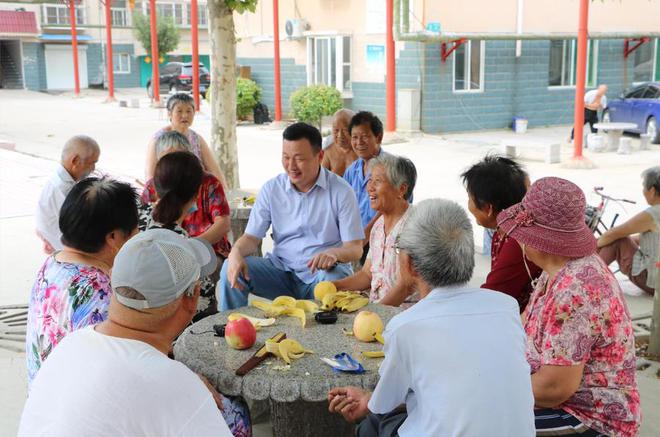
Wang Yongkuan visits local villagers.
In 2005, Wang Yongkuan as a successful entrepreneur returned to his hometown and was elected the Party branch secretary of Baishan Village, Jiaxiang Subdistrict (the former Jiaxiang Township), Jiaxiang County, Shandong Province. At that time, half of the villagers in Baishan settled on the hillside with poor living conditions. Wang led the villagers to build 18 buildings with more than 700 apartments and invested more than 2.7 million yuan in building two apartment buildings for the old, greatly improving the living condition of the local villagers. In 2022, he donated 10 million yuan to the China Veterans Support Foundation to help the disabled veterans and families of martyrs. Over the years, Wang has donated a total of more than 40 million yuan for education, prevention and control of the COVID-19 epidemic, etc.
Zezhen Dagrijie, male, Tibetan, a CPC member, was born in 1962, enlisted in the military in 1977, and retired in 1981. He is the Party branch secretary and principal of a private Tibetan medical school in Golog Tibetan Autonomous Prefecture, Qinghai Province.
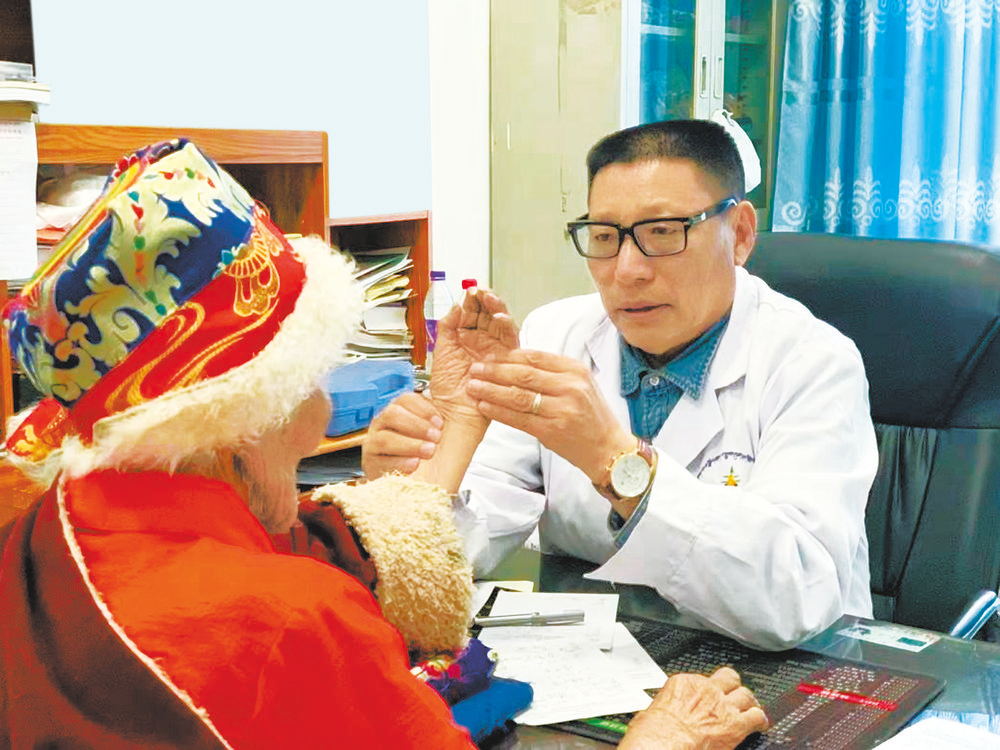
Zezhen Dagrij once served as a military medic in the PLA. After retiring from the military, he chose to work as a doctor in Golog Tibetan Autonomous Prefecture, during which he treated more than 200,000 patients. Over the past 40 years as medical staff, Zezhen Dagriji has supported dozens of elderly persons of no family, reduced or exempted medical expenses of more than 100,000 yuan for patients with financial difficulties, and prepaid for emergency medical treatment by more than 50,000 yuan. In 2002, Zezhen Dagrij took out all his savings to establish the first private Tibetan medical school in Golog. It is also the first private vocational-technical school of Tibetan medicine in China that implements full welfare education. He has insisted on offering free tuition for the students in the following two decades, helping more than 2,000 teenagers realize their dream of pursuing education. His Tibetan medical school has trained more than 950 secondary vocational professionals majored in traditional Tibetan medicine as well as more than 4,000 grassroots medical personnel.
Full revitalization of the countryside is a prerequisite for a nation's rejuvenation. Many veterans have devoted themselves to the cause of rural revitalization, contributing to increasing agricultural production, raising farmers' incomes, and ensuring stability in China’s rural areas.
Wang Bohe, male, Li nationality, a CPC member, was born in 1964, joined the military in 1982, retired in 1987, and now is a villager of Maona Village, Shuiman Town, Wuzhishan City, south China's Hainan Province.
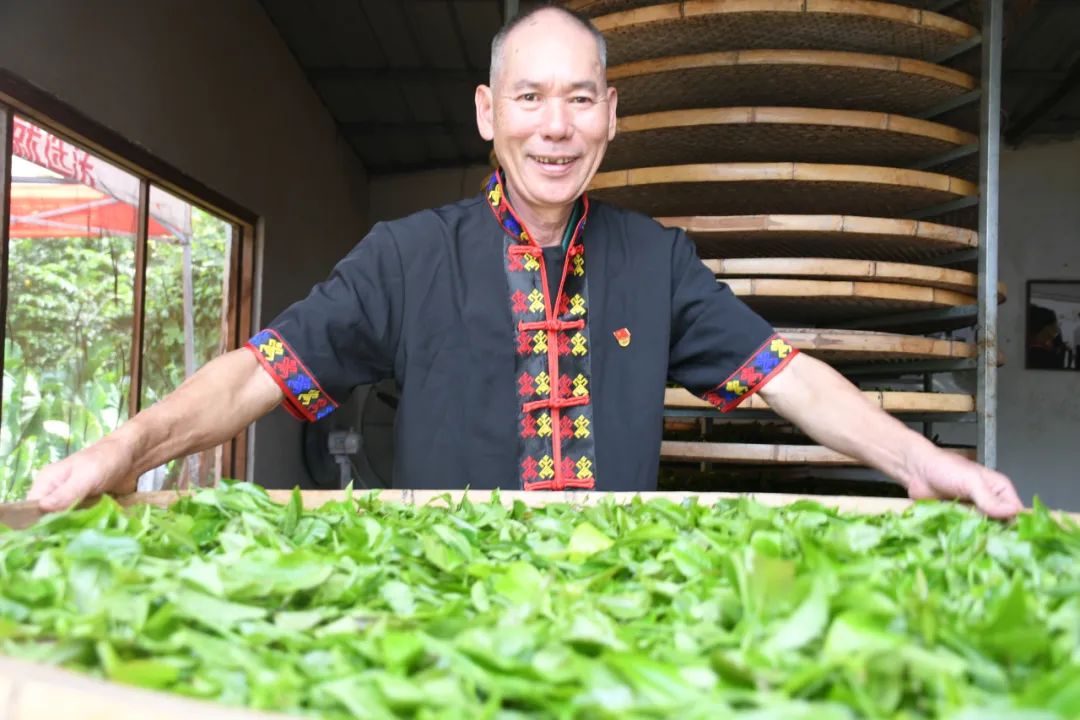
Since returning to his hometown after demobilization from the army, Wang seized the opportunity favorable for developing modern agriculture with local characteristics and led the villagers to develop tea gardens covering an area of more than 95 acres to develop tea planting and processing industry. Maona Village was successfully lifted out of poverty in 2019 and achieved an annual per capita disposable income of 15,000 yuan in 2021.
Leading the villagers to dig water channels, build mountain roads, and taking the lead in developing tea gardens... Under the leadership of Wang Bohe, Maona Village has transformed from an isolated and backward poor village into a well-off village with national characteristics.
Zhong Liangsheng, male, Han nationality, a CPC member, was born in 1975, joined the military in 1993, retired in 1997, and is now president of a beekeeping specialty cooperative in Wuping County, Fujian Province.
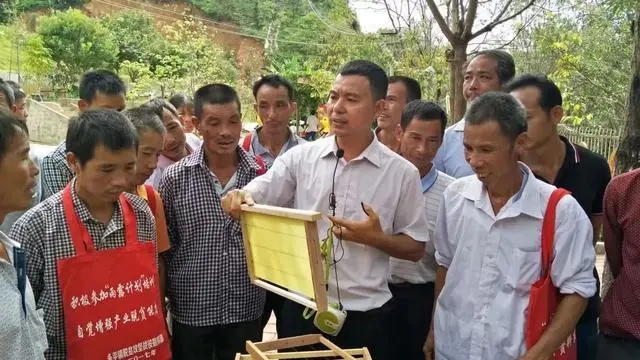
After retiring from the military, Zhong started his own business and transformed to be a famous "bee king" in the local area from an ordinary retired soldier. In 2010, Zhong signed an agreement with the Wuping County Disabled Persons' Federation to jointly support the disabled to keep bees, helping the disabled in rural areas of Wuping County to build bee farms, providing a good opportunity for them to get rich. In addition to offering financial support to the disabled beekeepers, he also voluntarily provided them with technical guidance on beekeeping. In 2011, Zhong set up a beekeeping specialized cooperative with the disabled beekeepers taking a major part of the cooperative members. As of now, Zhong has helped 192 disabled people in the county to find jobs or start businesses, assisted 287 poor households to get rid of poverty, and drawn more than 2,800 people across the city to join the beekeeping team.
Dong Pei, male, Mongolian, a CPC member, was born in 1986, joined the military in 2007, retired in 2009, and is now a commissary of the Xiaohaizi Town Party Committee, Shangdu County, Inner Mongolia Autonomous Region.
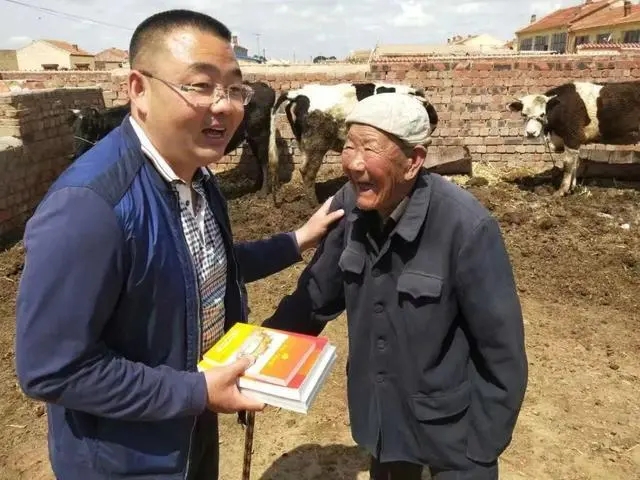
Since serving as the first secretary of the Party branch of the Manibu Village, Xiaohaizi Town, Shangdu County, Inner Mongolia Autonomous Region in 2018, Dong has regarded the village as his second hometown. He led the villagers to develop industries with local characteristics according to local conditions, and vigorously developed "order-based" agriculture. The Manibu Village has built 67 vegetable greenhouses and a potato cellar. Dong Pei also guided the villages to develop courtyard economy. Nowadays, there are a total of 1,570 plum trees and apple trees in the village. The village's annual per capita disposable income has reached 15,000 yuan. Under his leadership, the 240 poor villagers in 111 households in Manibu Village have all been lifted out of poverty by the end of 2020.

